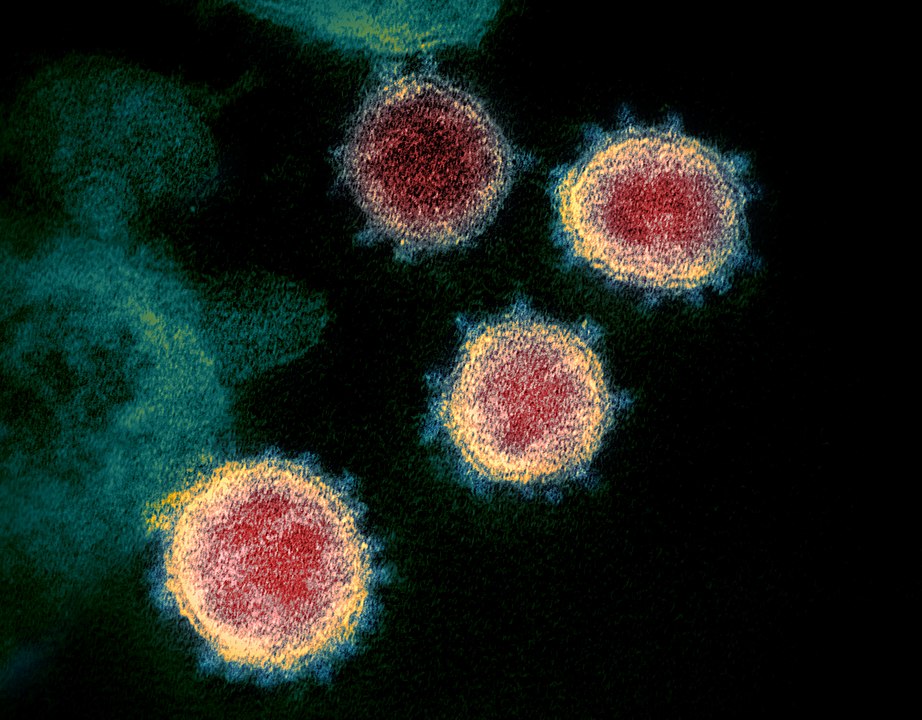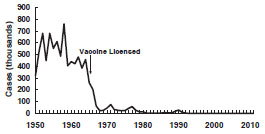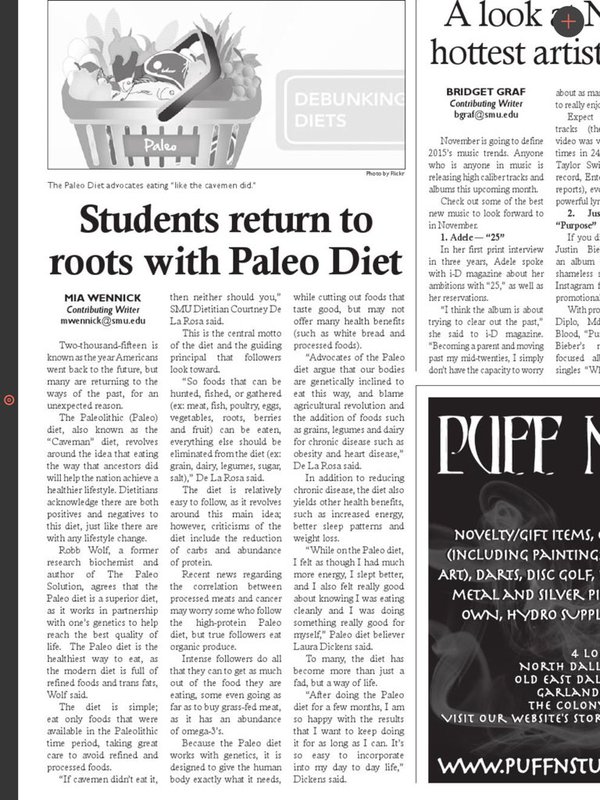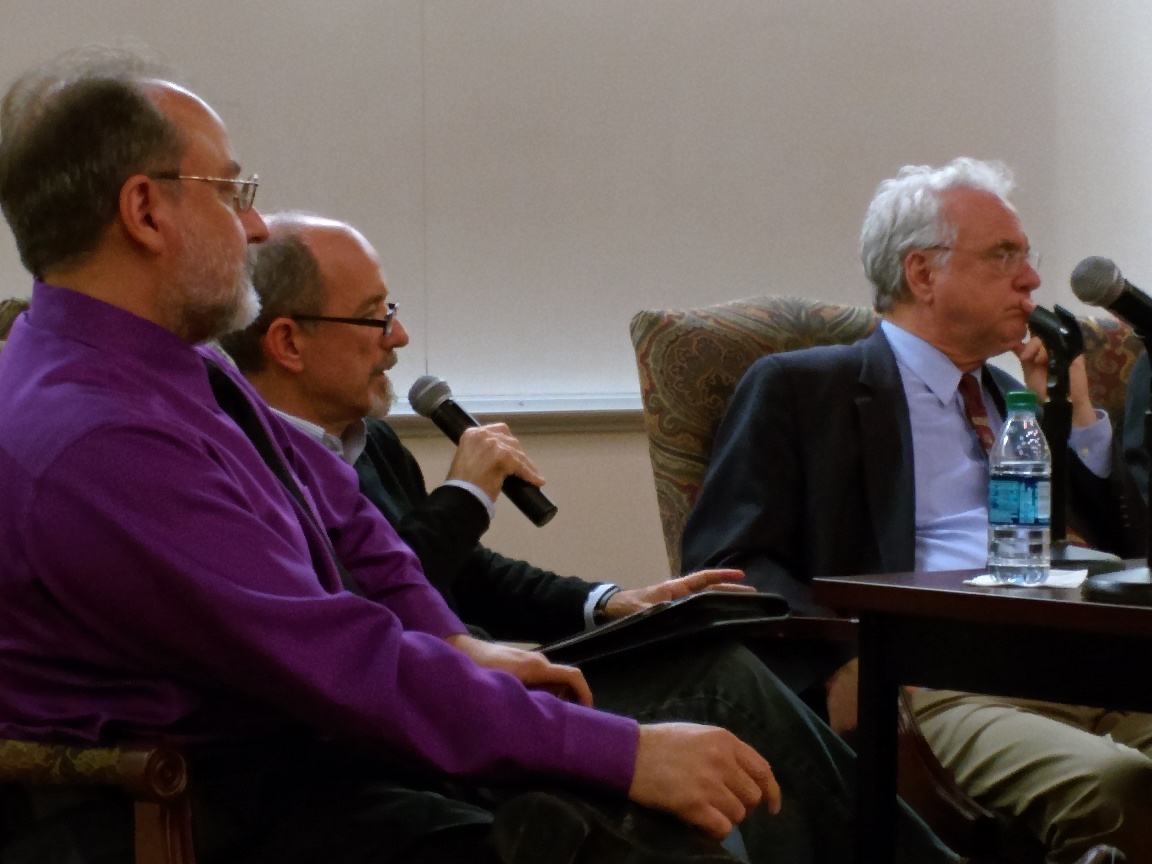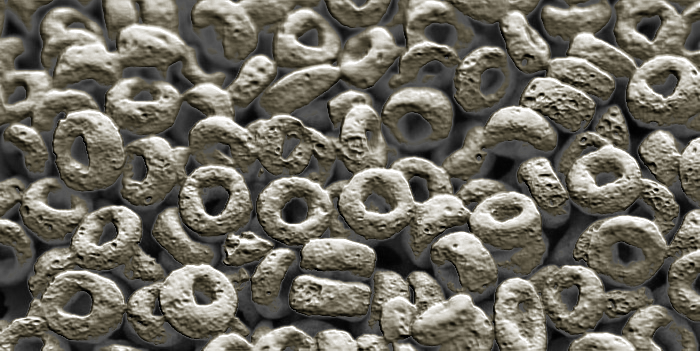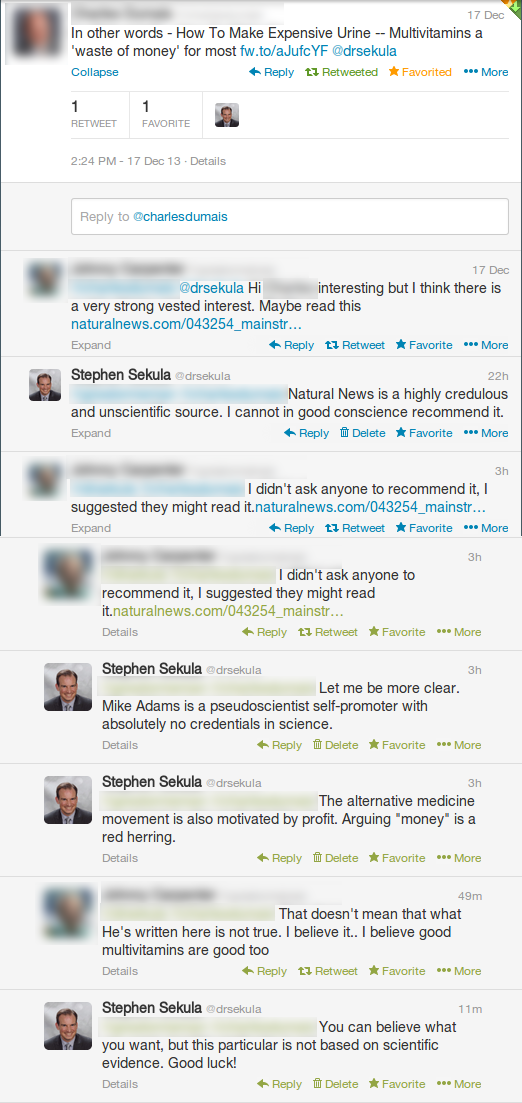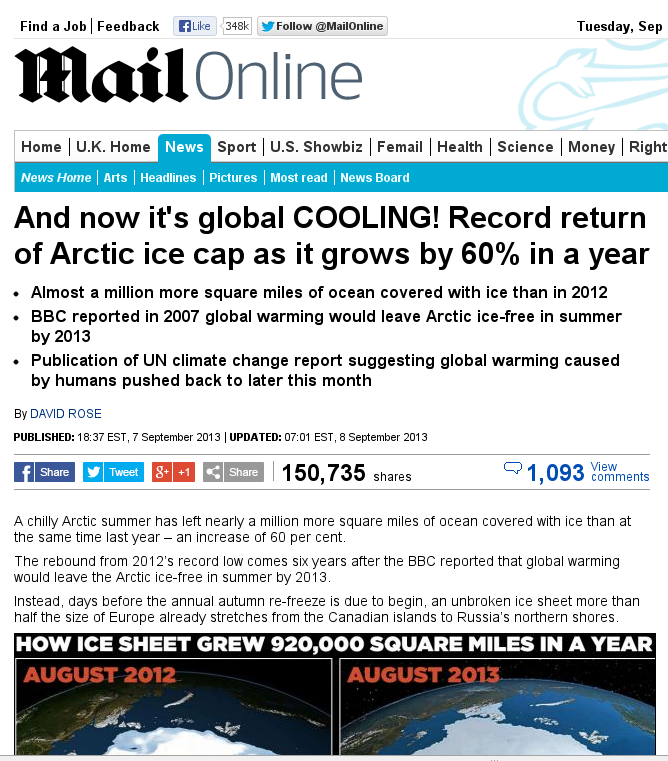Disease is one of those stresses on our systems that prompts and promotes the spread of misinformation. All of us are hungry for information about how to respond to this disease, but with that desire comes a certain level of credulousness that lets in misinformation. Check out the latest podcast […]
fighting pseudoscience
Since the election, while I have paid attention to the developments of the Trump administration, I have withheld on commenting about any of the news so far because nothing has actually happened. On the science front, the most salient decisions related to science policy that Mr. Trump has made so […]
Writers are born young. Good writers learn their craft through practice, trial, and error. Failure is the best teacher. Given my view of writing, there is much my own University’s weekly campus paper, the SMU Campus Weekly, can learn from this recent article that claims to assess the “Paleo diet.” […]
Science is a process by which reliable information is obtained by repeated use and assessment. In science, all claims are up for revision; however, absent better information when there is enough reliable information to make a decision it is usually considered wise to do so, even if future revisions (which […]
Every year, Jodi and I run a local Halloween-themed 5K race together. Recently, the race became a charity for an organization that tries to help children and their families deal with particular cancers. It’s nice that the race goes to support a good cause; to be honest, I don’t run […]
General Mills (in a blog post written by Tom Forsythe) announces that Cheerios, a flagship cereal for the company, will no longer be made with genetically modified ingredients [1]. What’s wrong with this announcement? General Mills is adding labels to its food products, like Cheerios, that read “not made with […]
I keep a special feed on Google News called “Nonsenseville” [1]. It’s an rss stream that results from a search for keywords that typically appear in pseudoscience articles. Normally, I scan the headlines to get a sense of how credulous is the science reporting on a topic. Today, I saw […]
“[The creationists and the Discovery Institute] are not interested in science, and they are not interested in education. They are interested in political power. They are dangerous.” (Vincent Cassone, chair of the University of Kentucky Biology Department). [1] In an interesting interview with Vincent Cassone, chair of the University of […]
Recently, a two new studies of multivitamins and their efficacy for purposes other than vitamin deficiency were published in the Annals of Internal Medicine [1][2]. One study looks at using multivitamins to improve outcomes after myocardial infarction, and finds no evidence of a benefit. The second study looks at measurable […]
In their famous policy paper, “The Wedge,” [1] the founders of the modern Intelligent Design Creationism movement stated their political and social action plan for the United States: In Phase 1, entitled “Research, Writing, and Publication,” the authors state that “… [they] are supporting vital writing and research at the […]
Author’s Update (12/19/13): I re-wrote the paragraph on GMO foods, their availability, and health benefits based on a reader comment to make the paragraph more accurate to the possible benefits vs. the actual availability of such foods in the market. NPR’s Weekend Edition Sunday ran a story this morning about […]
The Daily Mail claims in their science section that the 60% increase in arctic ice extent comparing August of 2012 to August of 2013 means “global cooling” is happening. But is this bad science reporting? Yes. This claim cherry-picks data, comparing only August of 2012 to August of 2013. The […]

